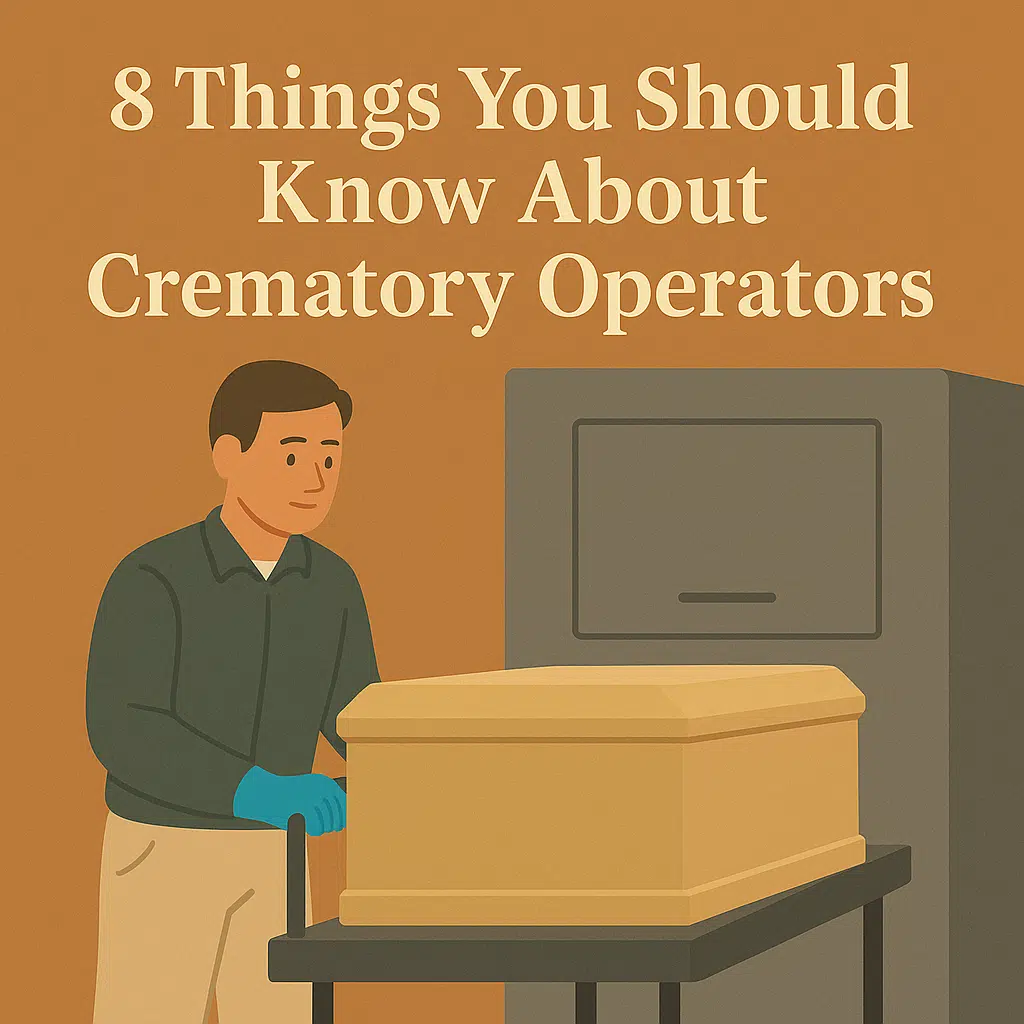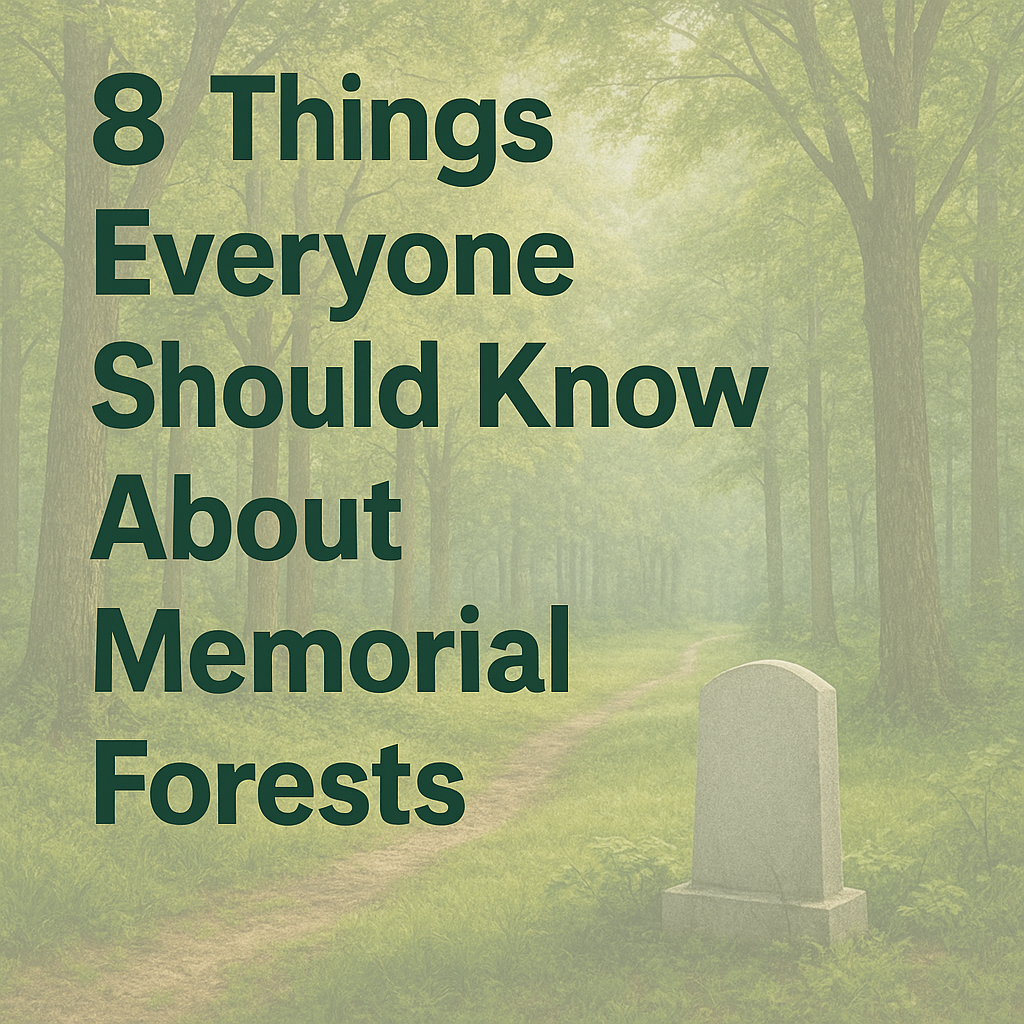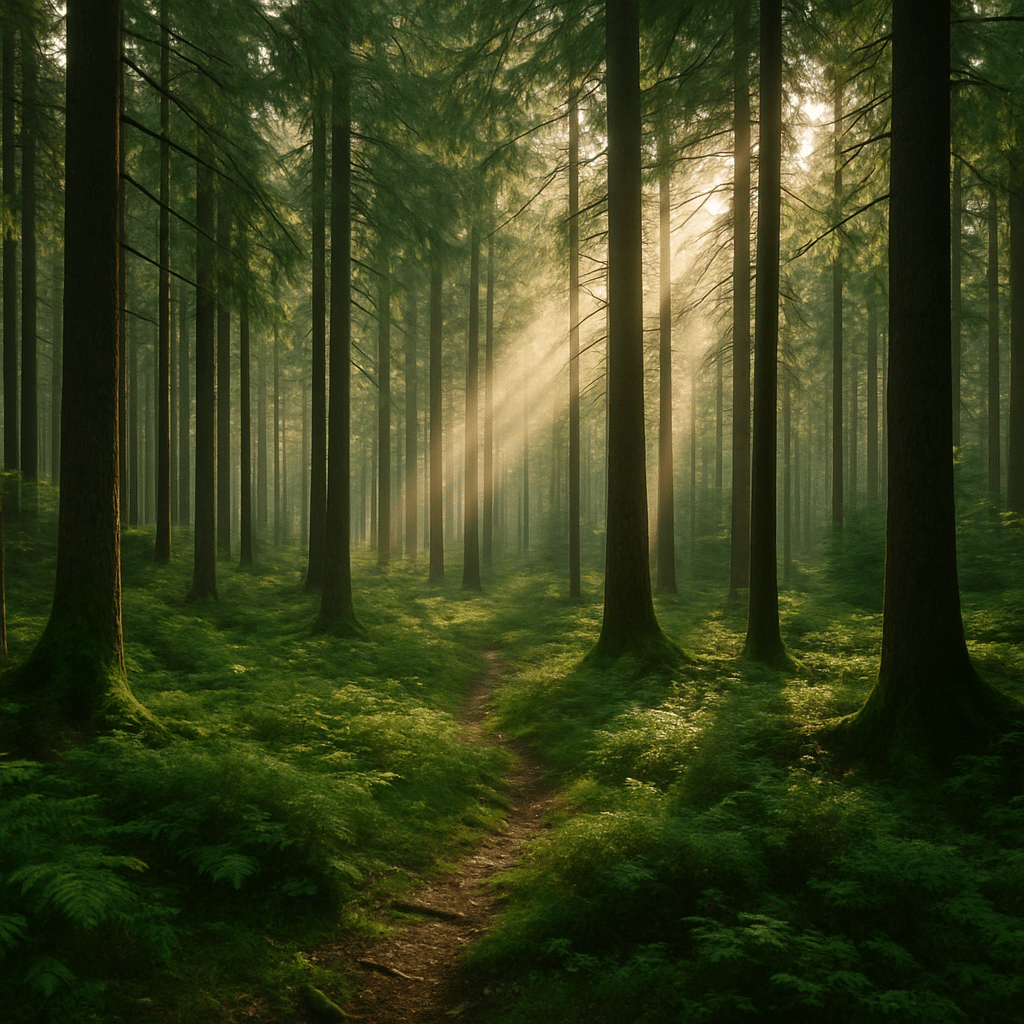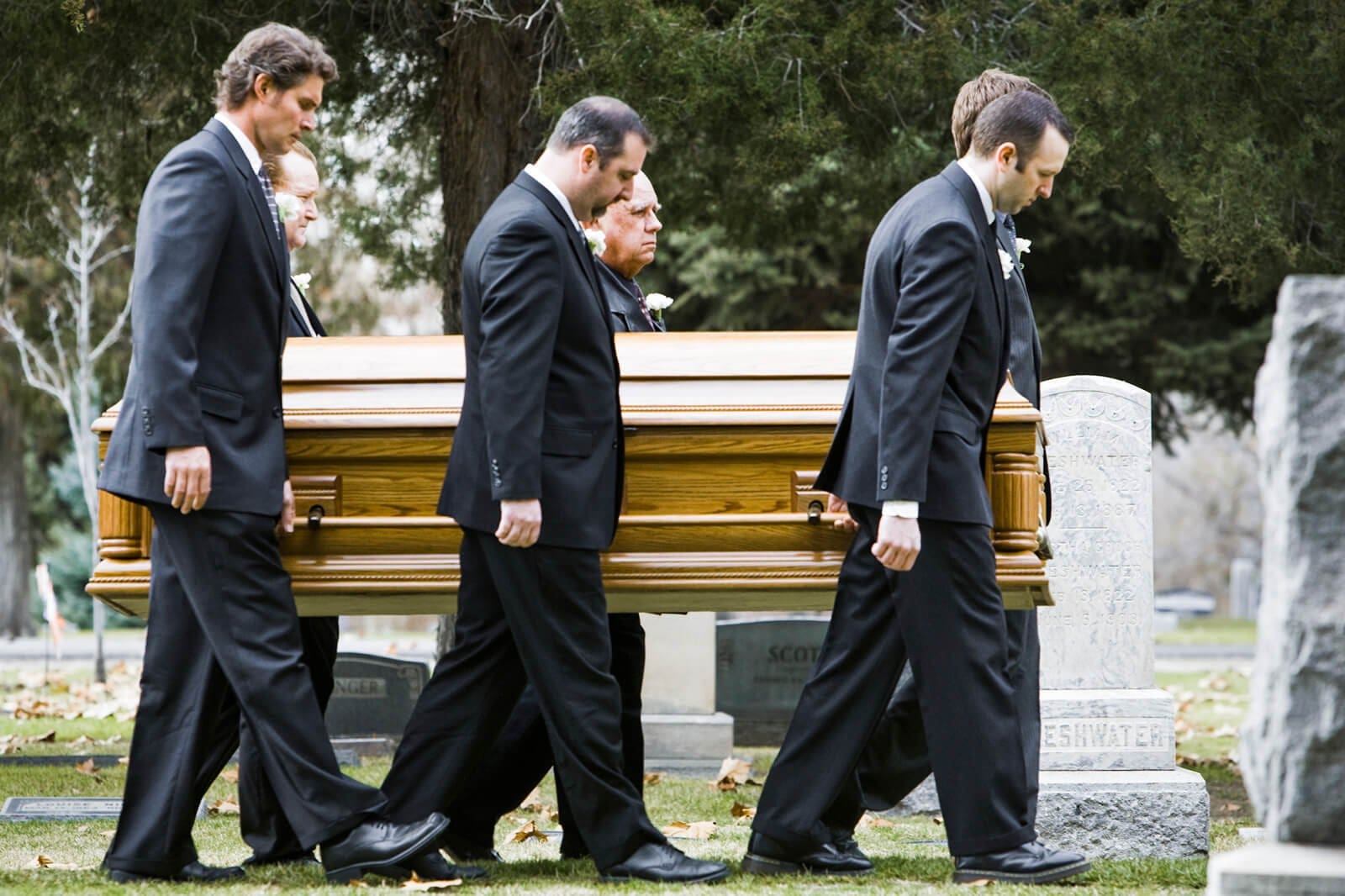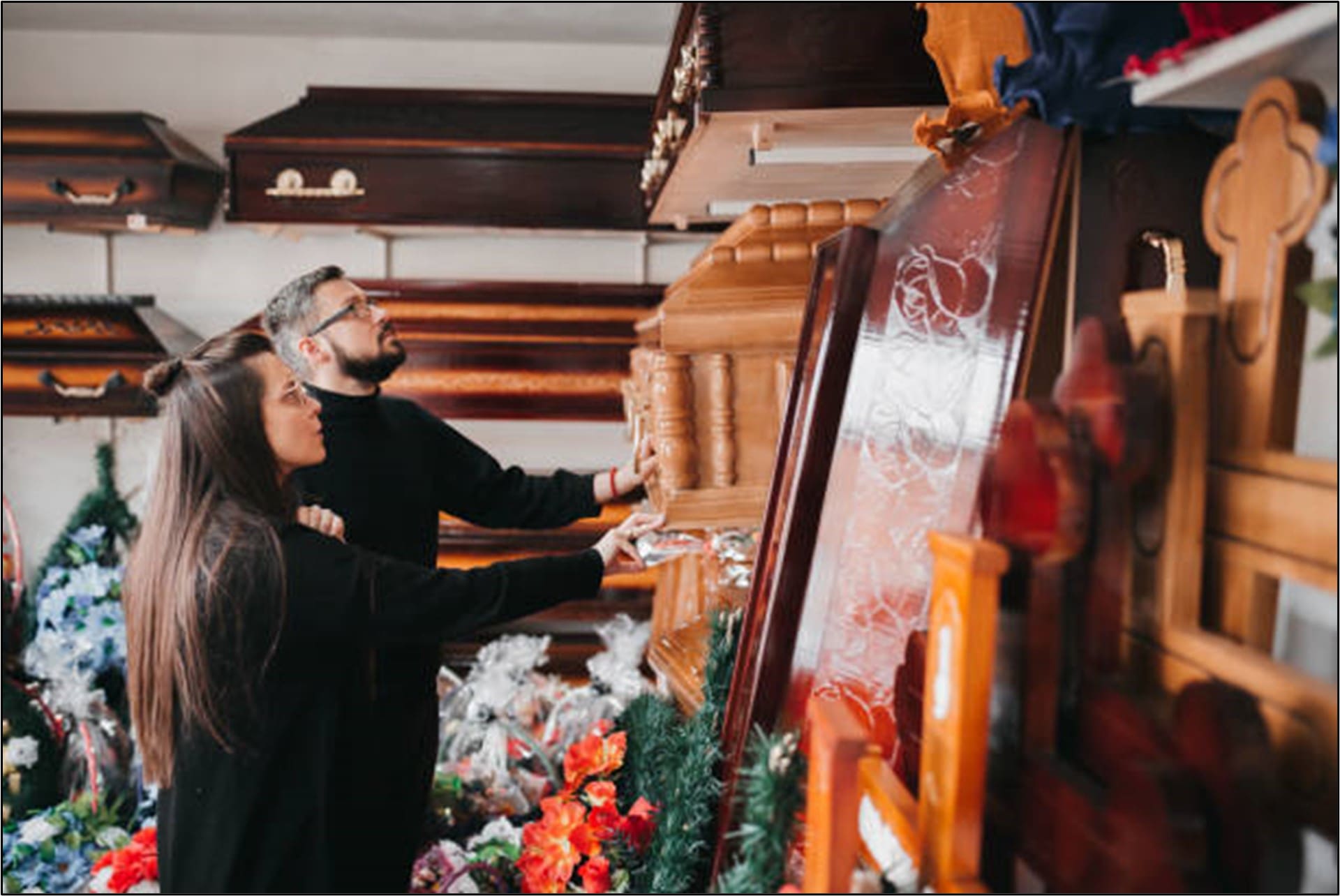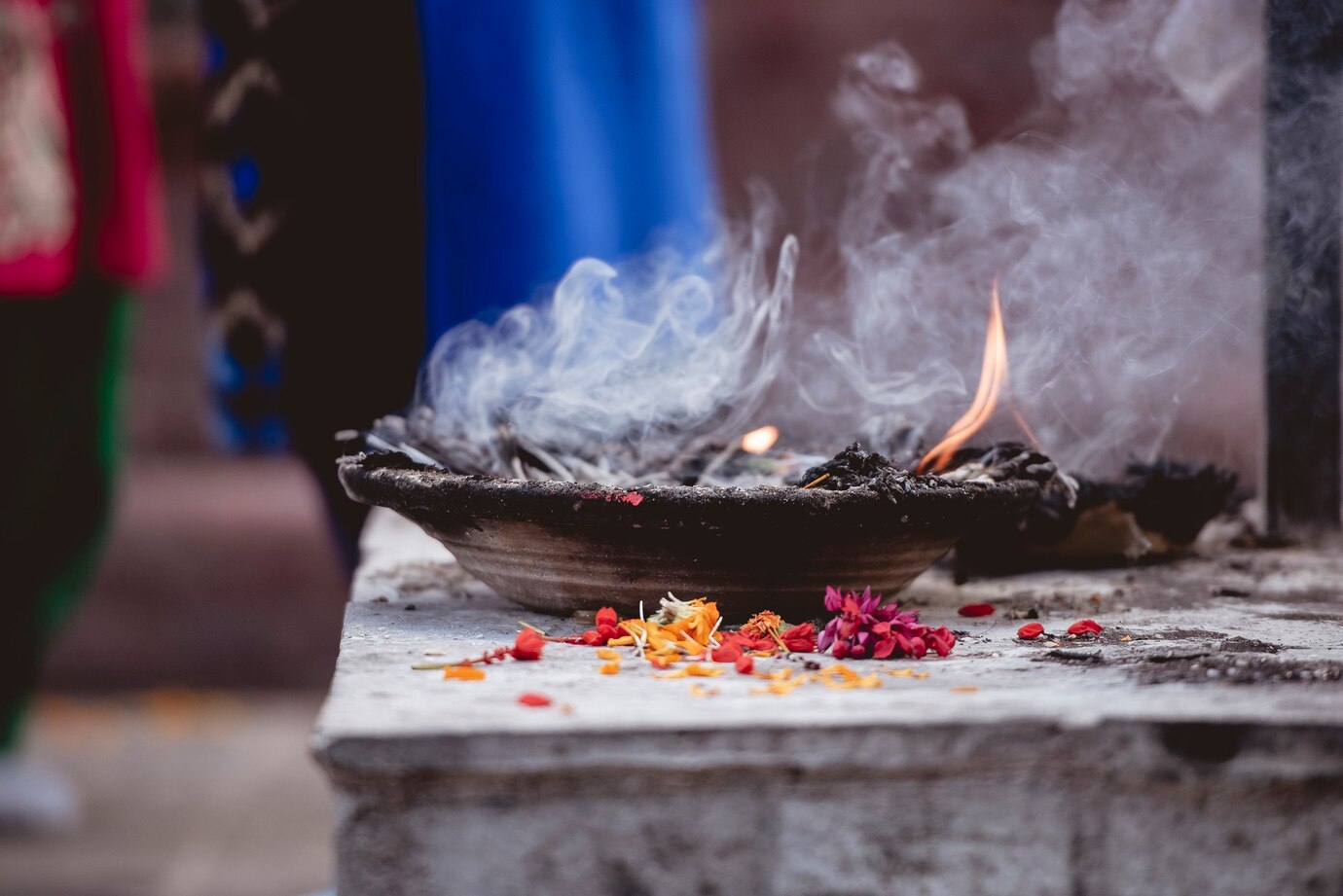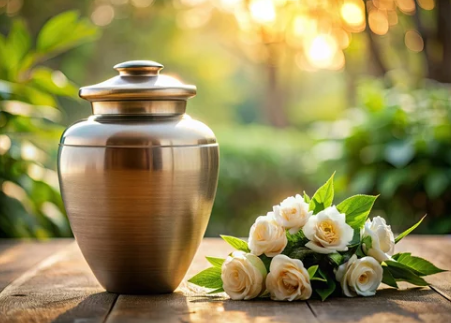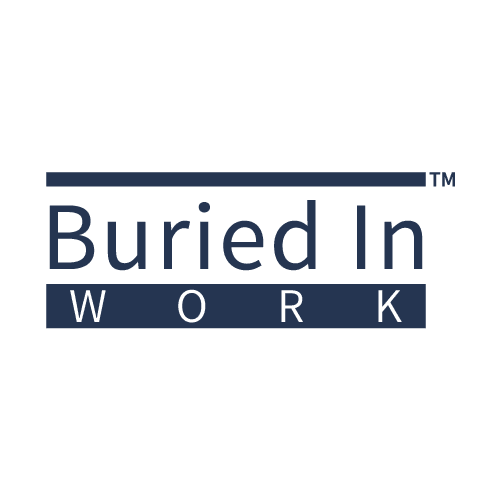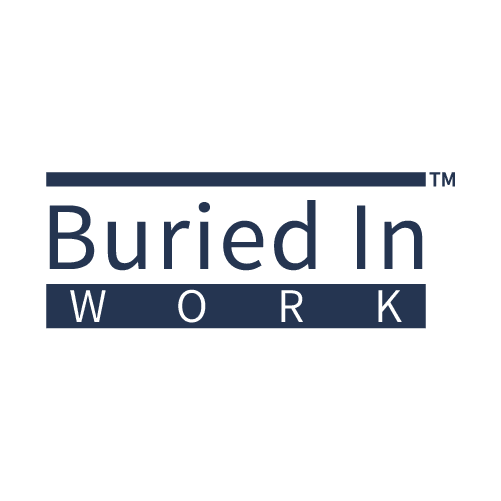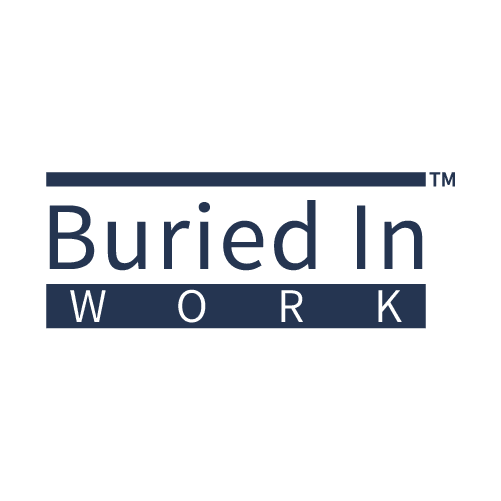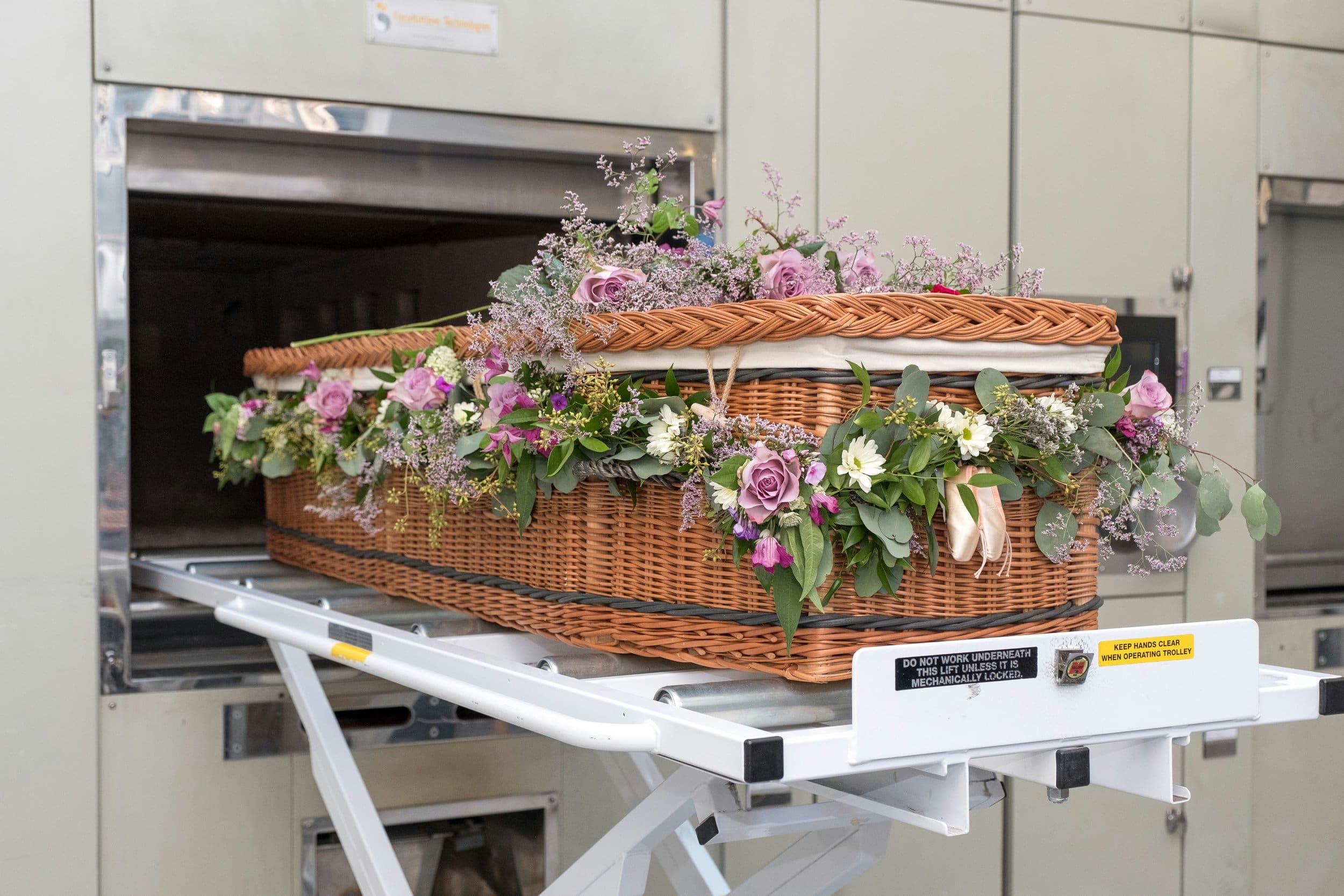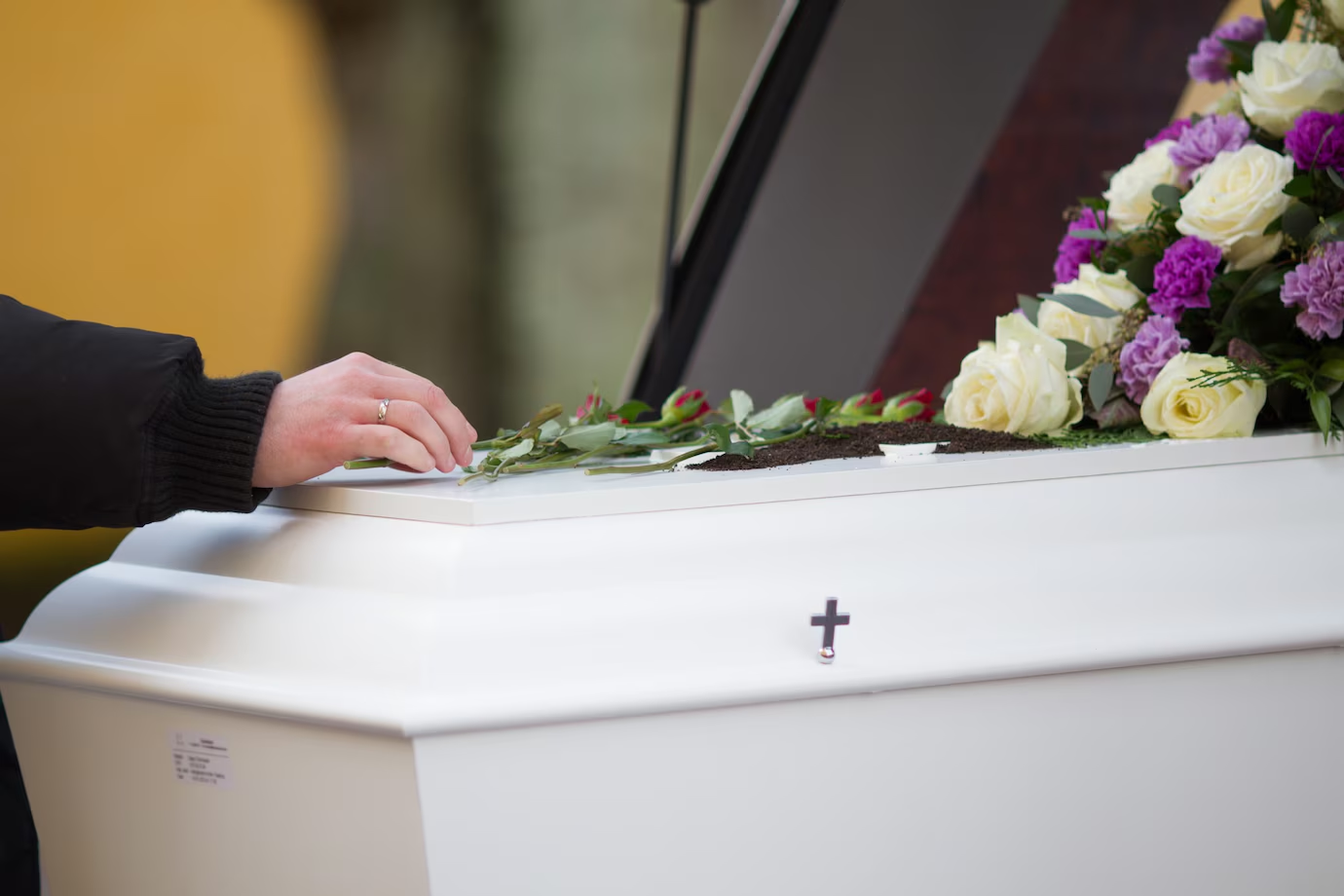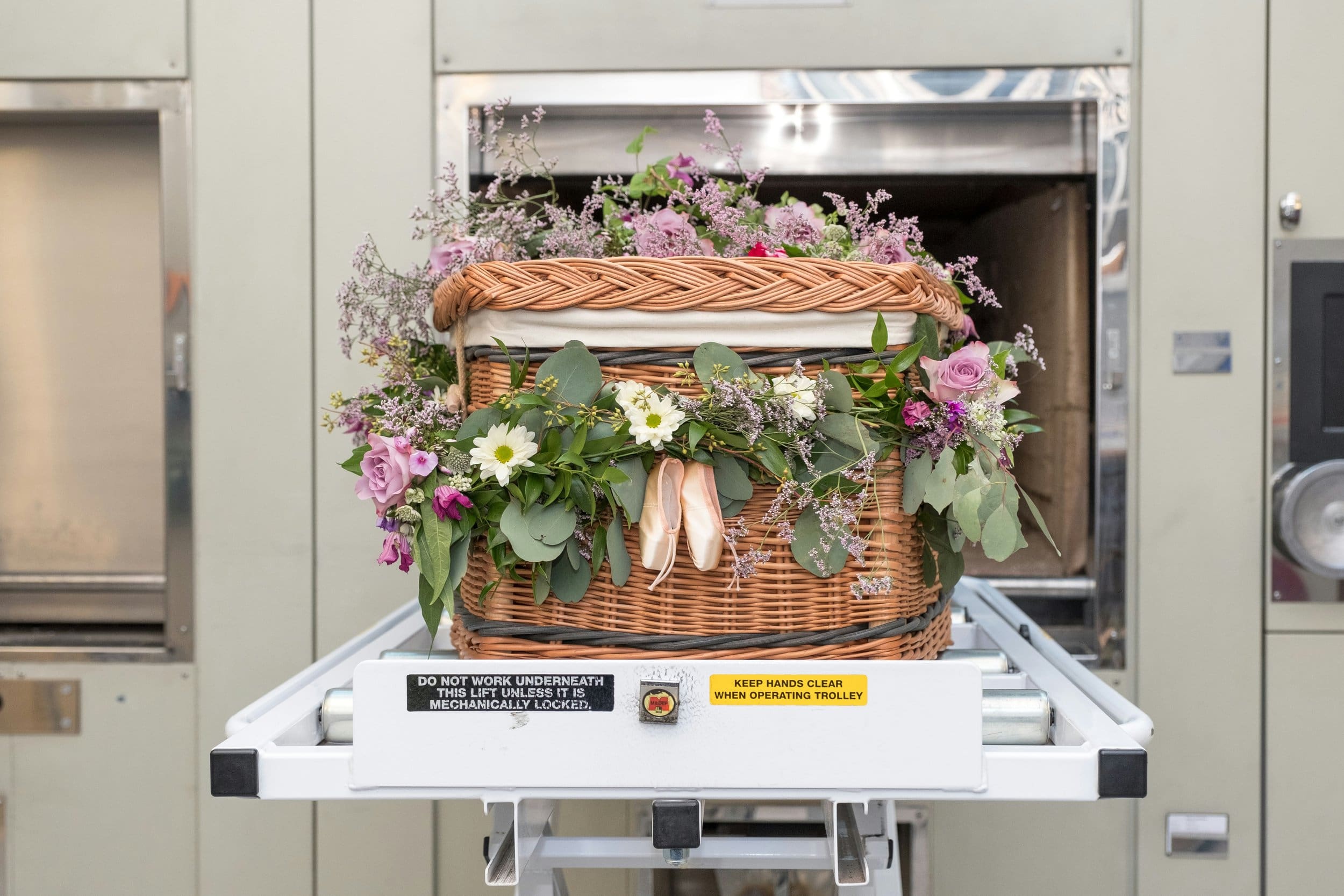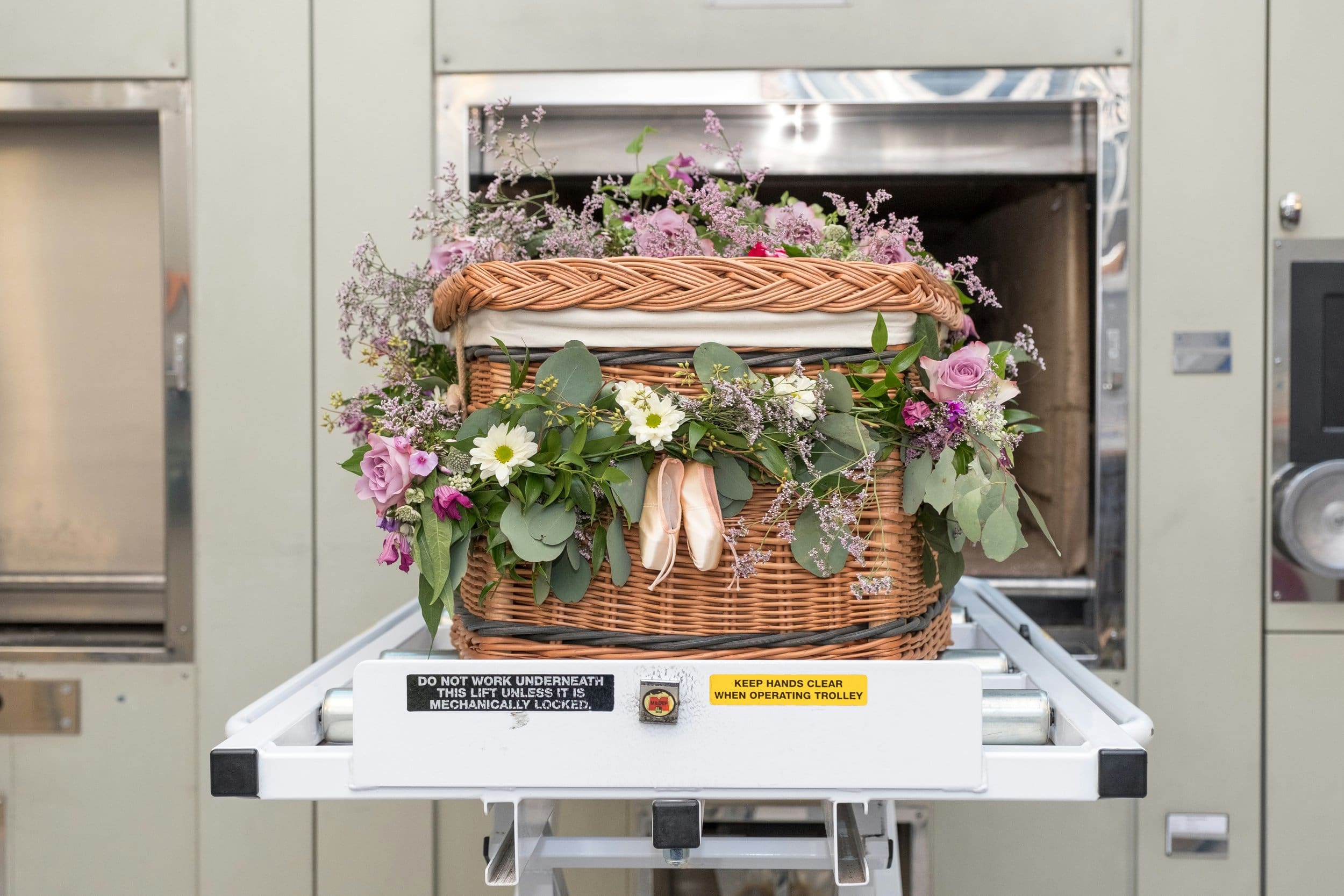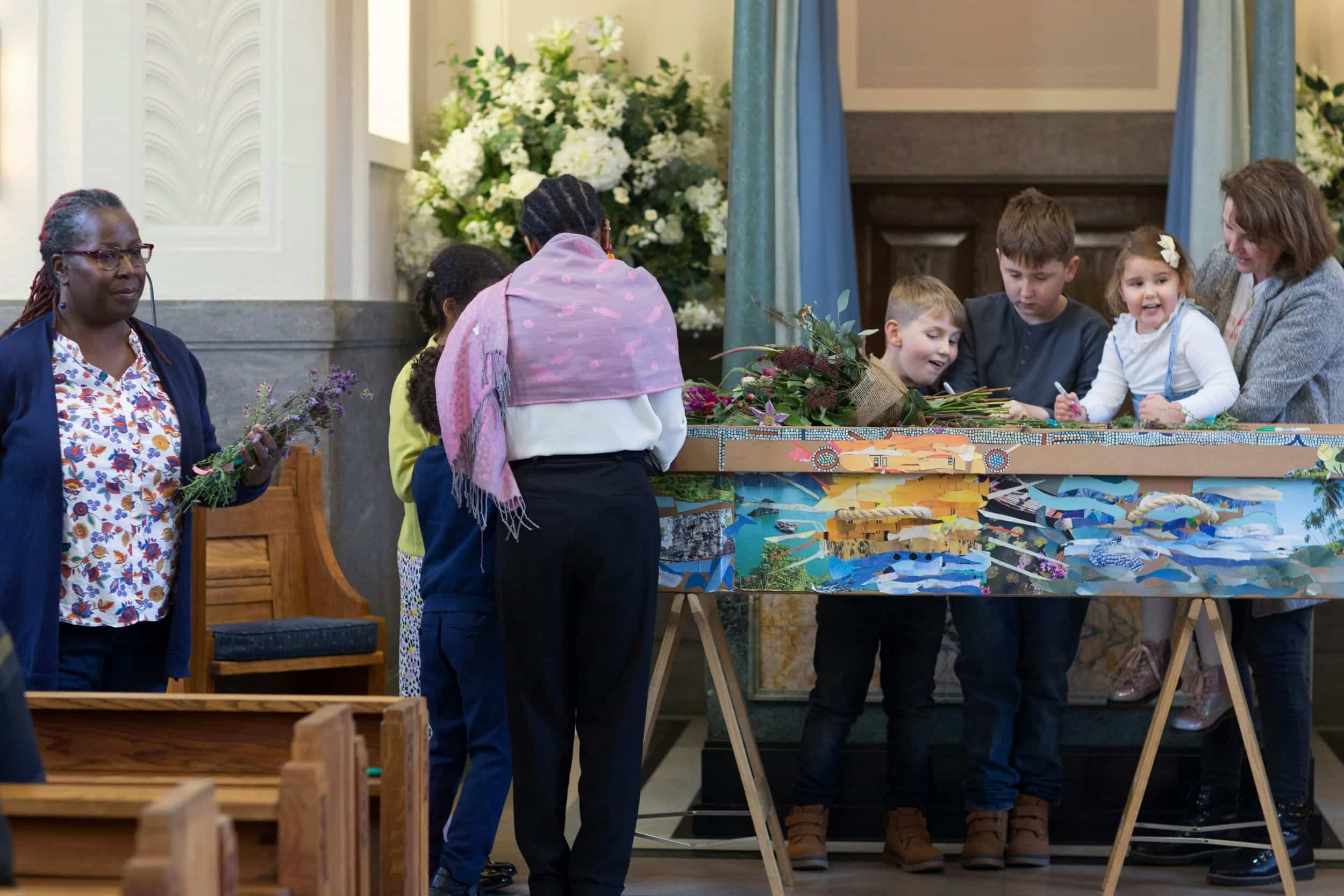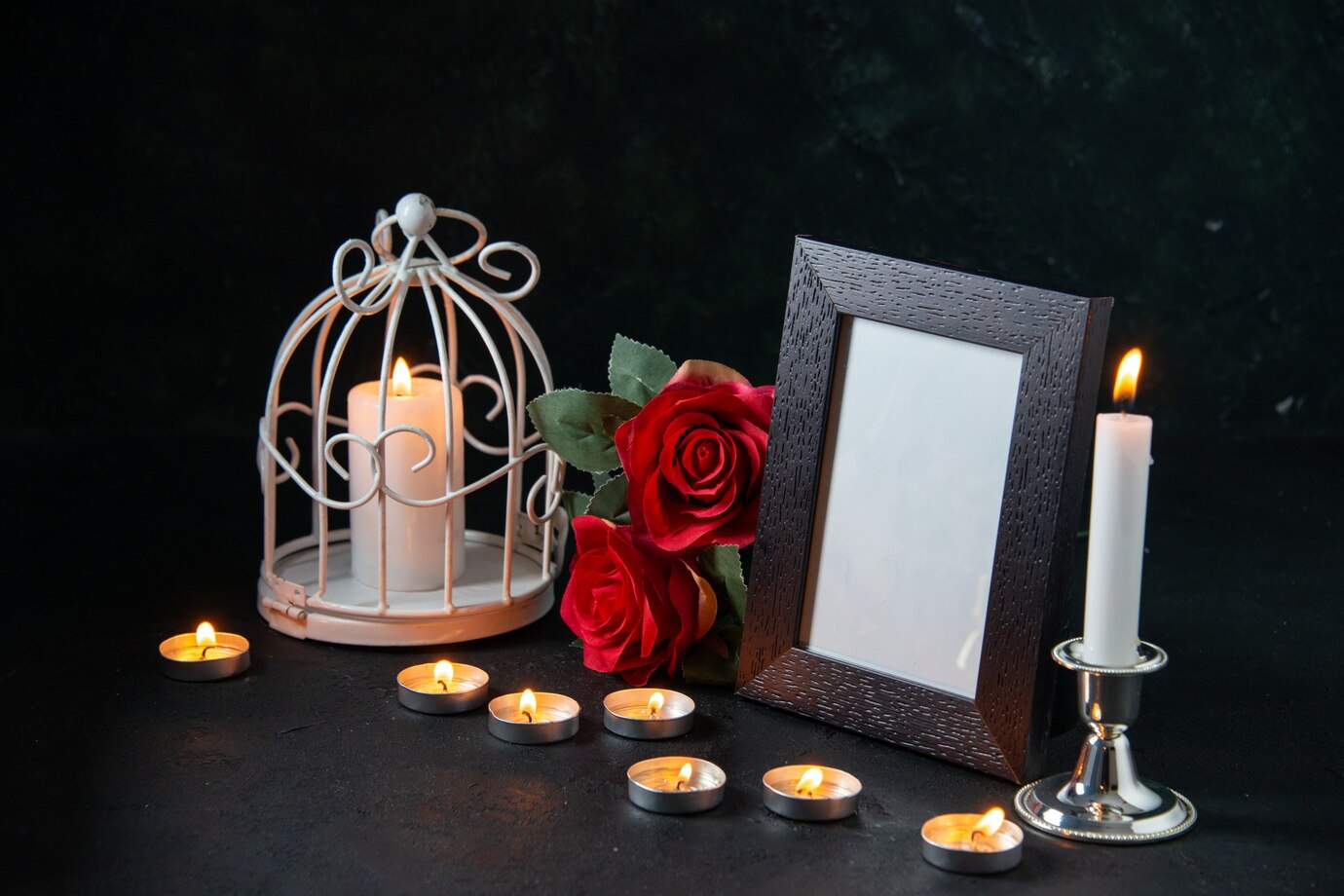Honoring Choices, Celebrating Lives
The Cremation Hub
Cremation offers a flexible, meaningful, and increasingly popular way to honor a loved one’s life. This hub provides resources, guidance, and support to help families understand their options, plan meaningful services, and navigate cremation-related decisions.
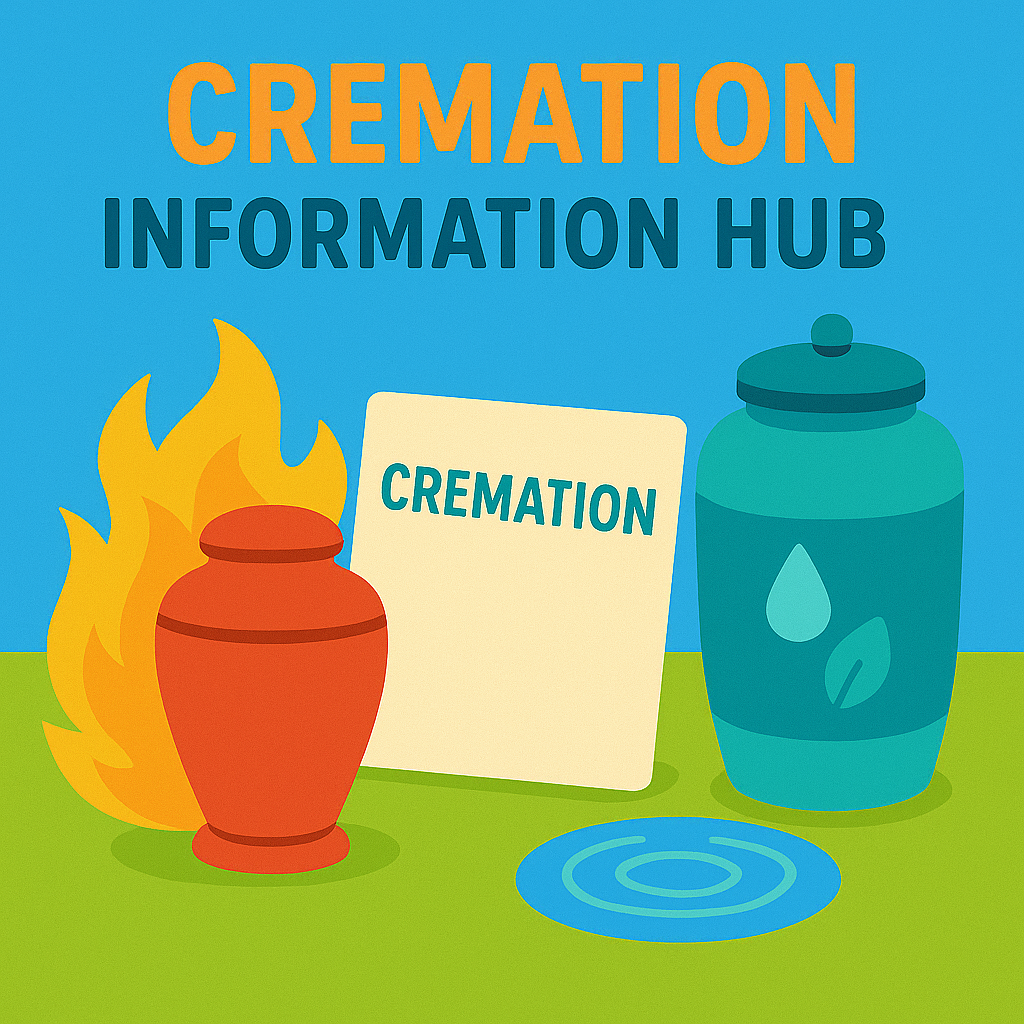
Key Things To Know
Cremation is an increasingly common choice for final disposition, offering flexibility in memorial planning and often lower costs than traditional burial. Understanding how it works, what it involves, and what options are available can help you make informed and meaningful decisions.
- Cremation is a process, not a service: It refers specifically to the reduction of the body to ashes through high heat. Any memorial or funeral service is separate and can happen before or after the cremation.
- You can still have a funeral or viewing with cremation: Many families choose to have a traditional service with the body present before cremation, often using a rented casket.
- There are legal requirements and waiting periods: Most states require specific paperwork, including permits and a death certificate, and may enforce a mandatory waiting period before cremation can occur.
- Cremated remains can be handled in many ways: Ashes can be buried, kept at home, placed in a columbarium, scattered in a meaningful location, or even turned into memorial objects like jewelry or artwork.
- Religious views on cremation vary: Some traditions fully accept cremation, while others discourage or prohibit it. It's helpful to consult your faith community if this is a concern.
- You can prepay or prearrange cremation services: Doing so can reduce stress for your loved ones and lock in costs ahead of time. Be sure to document your wishes clearly.
- Direct cremation is the simplest and most affordable option: This involves cremation without a funeral or viewing beforehand, and remains are returned to the family.
- You still need to decide what to do with the ashes: Families often delay making a decision, so it’s helpful to consider final placement ahead of time.
- Environmental considerations are evolving: Traditional cremation uses fossil fuels, but newer methods like alkaline hydrolysis or “water cremation” are emerging as greener alternatives in some areas.
- Not all cremation providers are the same: It's important to choose a licensed, reputable provider who follows clear identification and tracking procedures throughout the process.
Resources
Deciding whether cremation is right for you should be an informed and thoughtful choice. Thankfully, we offer resources to guide you every step of the way.
Cremation Related Content
Frequently Asked Questions
Disclaimer: The information provided on this website and by Buried in Work is for general informational purposes only and should not be considered legal advice. Please consult with a qualified attorney or subject matter expert for advice specific to your situation.

